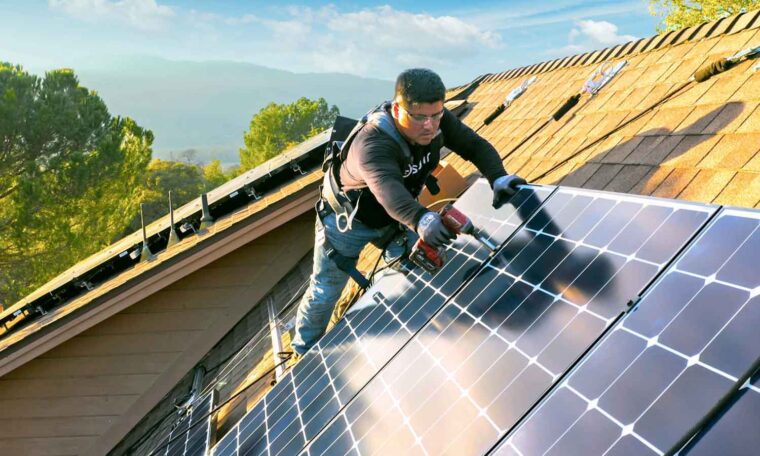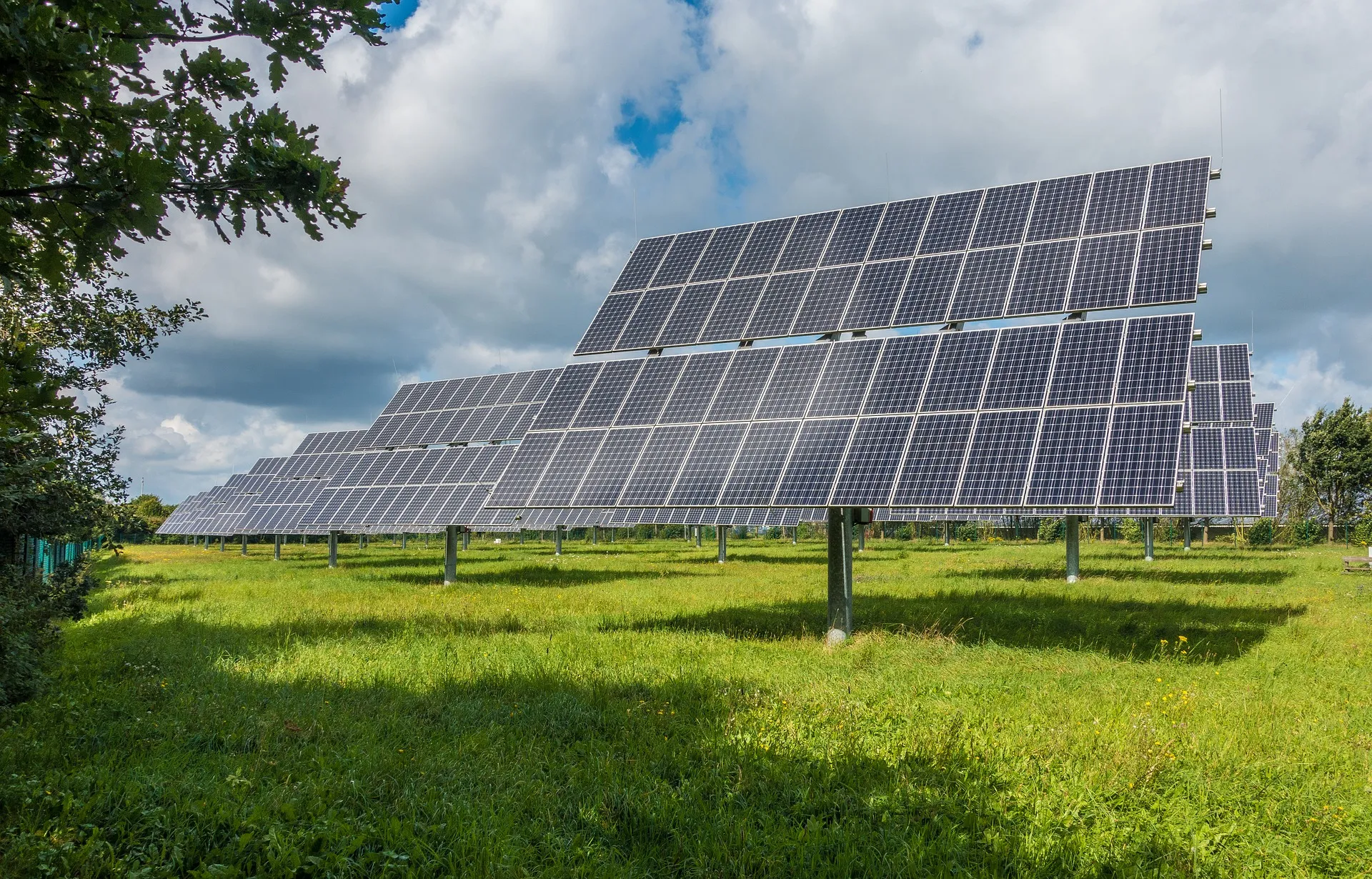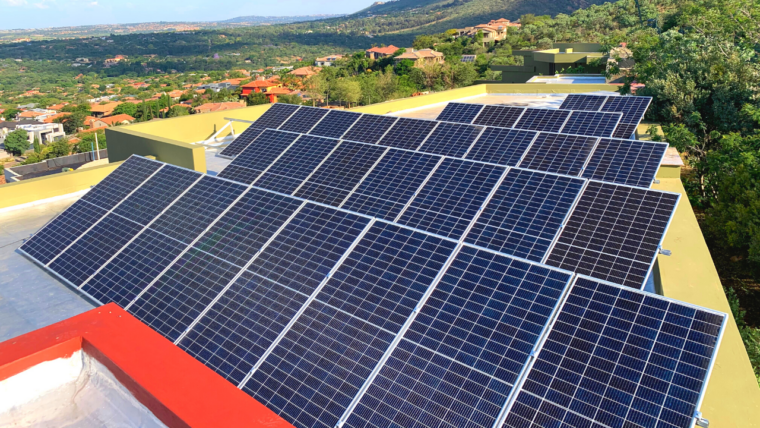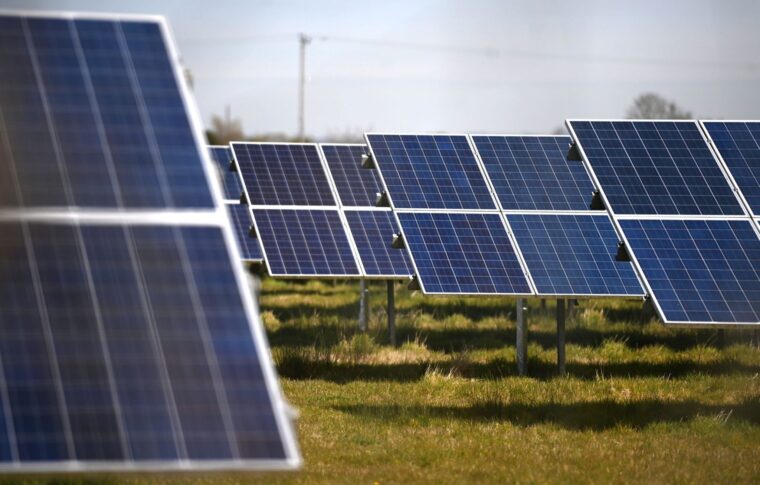It is true that nature has a mind of its own, and one can only imagine what mother nature has up its sleeves. While nobody prays for disasters to happen, experience has taught us that it is always best to prepare for them before they strike.
When there is a natural disaster, power outages almost always accompany it, and getting the power back on can take a very long time. And in such a situation, the last thing you want to worry about is how to get electricity.
Thankfully, there is a reliable solution you should consider having on standby – solar panels. Over the years, solar panels have proven to be an excellent and reliable means of keeping our homes powered even in the darkest times. What makes them even more interesting is that they are accessible, and they don’t cost a fortune to install.
If you are thinking of investing in solar panels, don’t overthink it. Go ahead and do it because it is a smart and worthwhile investment. And you will wish you had done it sooner.
So, Why Are Solar Panels Important For Disaster Preparedness?

-
Sustainability
It is common knowledge that solar panels use the sun as their source to generate electricity.
When disasters happen, and others are cut off from the gas station and electricity grid, your solar panels will generate electricity from sunlight without any financial burden. And you can focus on putting other things in order.
-
Reliability
Contrary to popular misconceptions, solar panels are durable, and they are designed to withstand the harshest elements or weather conditions.
These characteristics make them dependable sources of power during emergencies.
-
Independence
Take a second and imagine how happy your pockets will be if you don’t have to pay electricity bills anymore. It will be a relief to take such a burden off your shoulders. That is how much independence you can enjoy if you invest in solar energy.
-
They are Cost-Effective
While the initial cost of getting them installed may seem relatively high, over time, solar panels always pay for themselves.
They will save you a lot of money on energy bills and attract government incentives to make your initial investment more affordable.
How to Choose the Right Solar Panel System

An important aspect of disaster preparedness is choosing the right solar panels and solar panel fixings. This will help you keep things in perspective and plan efficiently.
Here are some factors you should consider when choosing the ideal solar panel system for your home or business:
-
Battery Storage
Off-grid systems require adequate batteries to store excess energy you can use at night or on cloudy days.
-
Panel Type
When choosing your solar panel. You should know that monocrystalline panels are highly efficient compared to polycrystalline panels.
They are also relatively more expensive than Polycrystalline panels – which are more affordable. So, it all comes down to your budget and the space you have.
-
Inverter Type
You should not compromise on investing in high-quality inverters. The inverter is the unit that helps convert the direct current (DC) generated by the panels into AC power usable in your home.
Setting Up Your Solar Panel System

Before installing solar panels for emergencies, your first point of action is to calculate the right amount of electricity you will need during the emergency.
Factors to consider include essential appliances, lighting, and any medical equipment. Once you have successfully figured that out, your next concern should be Solar Panel Placement. The primary aim is to install the panels where they will receive the most sunlight. This explains why most panels are placed on top of roofs – but there are ground-mounted systems you can also consider if the roof-mounted option isn’t suitable for you. Next is the inverter connection
You should ensure the inverter is properly connected to the solar panels and the battery storage system. Also, check that everything is wired correctly to your home’s electrical system. As for safety, ensure that the system is properly ground and make sure to install surge protection. This will safeguard your home against lightning strikes and power surges.
Maintenance and Monitoring

After installing your solar panels, the next important step is to take maintenance seriously. Perform regular inspections and check for anything that can cause damage to the panels, like dirt or debris. You should also keep the panels clean at all times to maintain their efficiency.
As for the battery and inverter, always follow the manufacturer’s maintenance instructions to ensure they are in good condition. Also, monitor their performance and call experts to fix any issues promptly.
